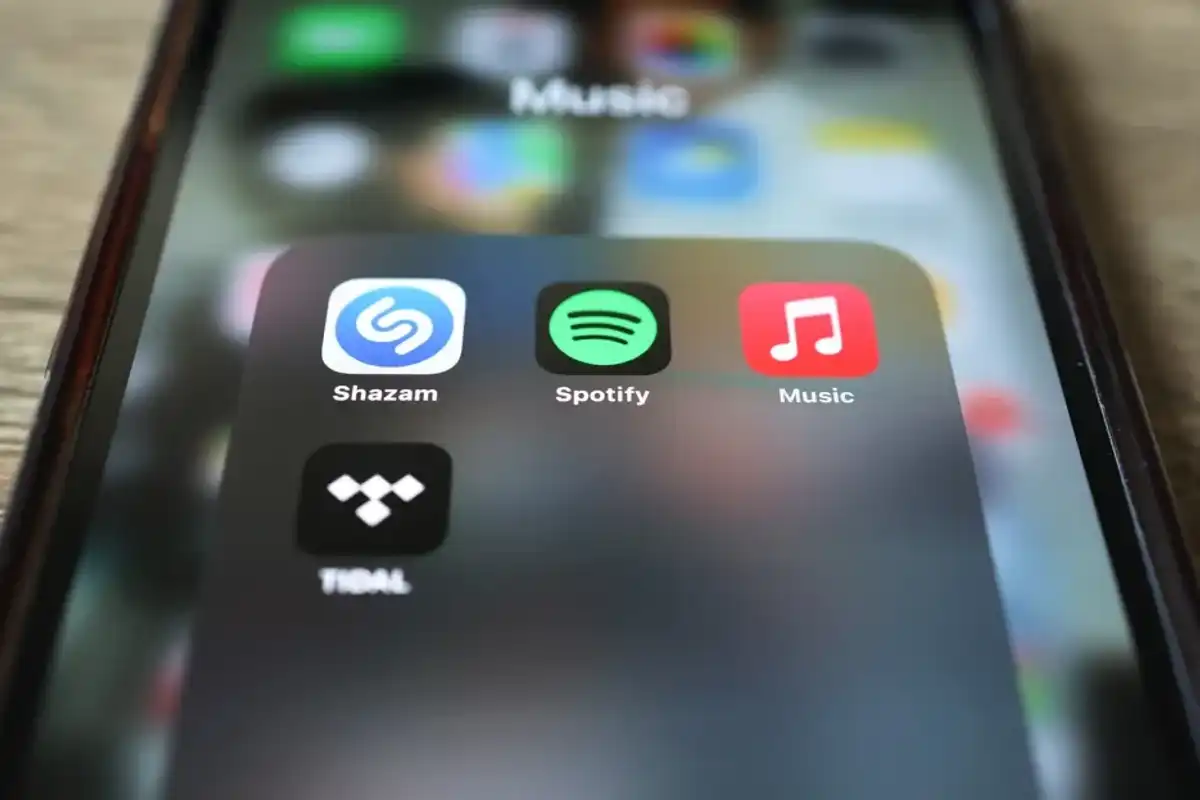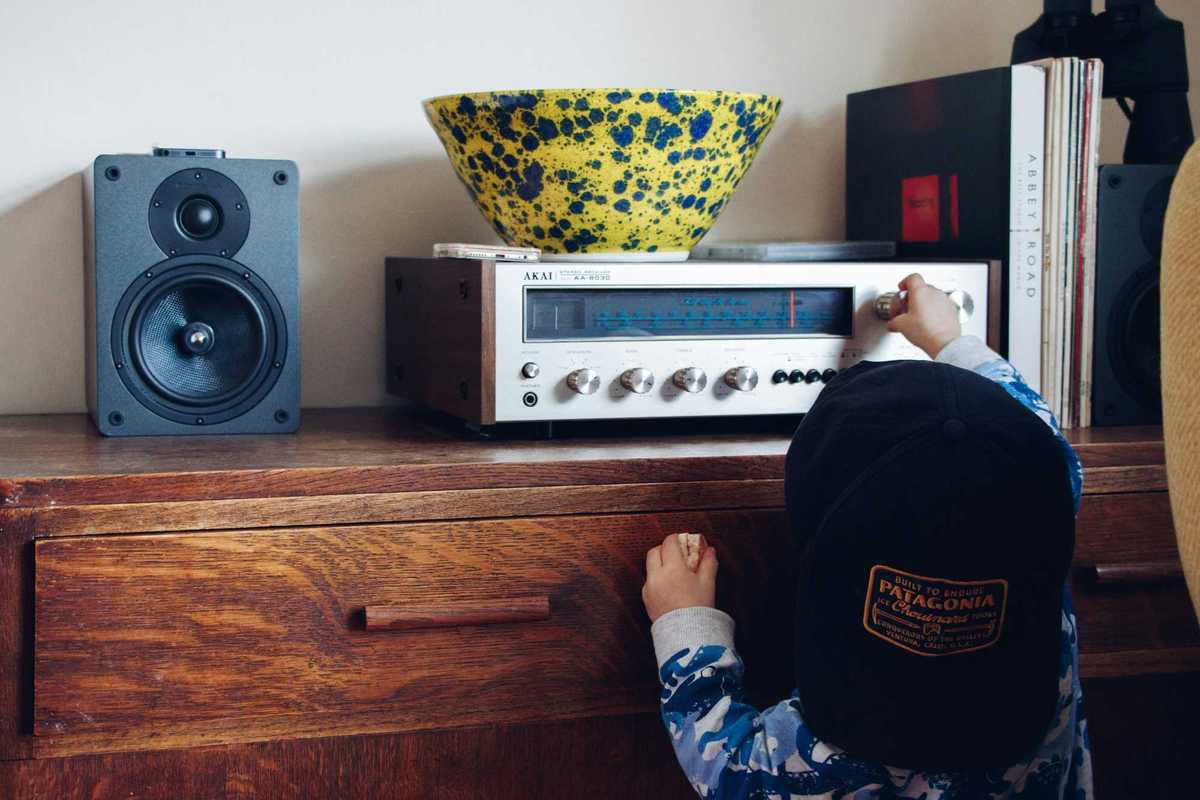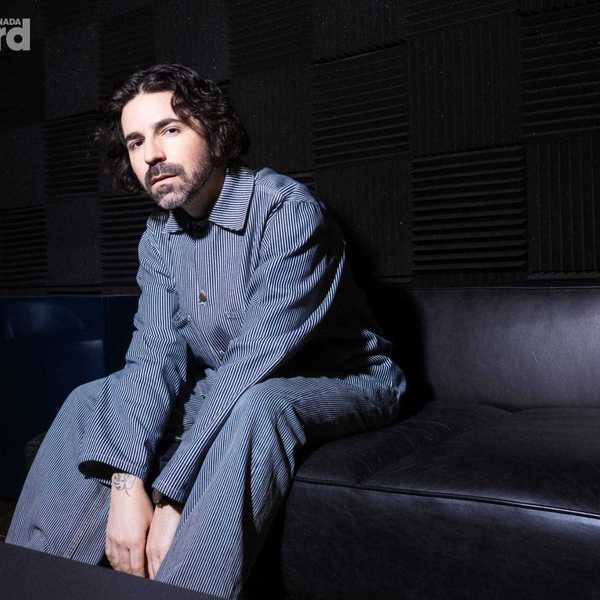LyricFind Sues Rival Musixmatch in Antitrust Suit Over ‘Unprecedented’ Warner Licensing Deal
The lawsuit claims that a "first-of-its-kind" agreement between Musixmatch and Warner Chappell means streamers like Spotify will have "no choice" about where to get lyrics.

Music Streaming Illustration by Michael M. Santiago/Getty Images
LyricFind is suing Musixmatch over allegations that its rival struck an exclusive licensing deal with Warner Music Group (WMG) that’s “unprecedented in the music industry” and is aimed at securing an illegal monopoly for providing lyrics to streamers like Spotify.
In a complaint filed Wednesday (March 6) in San Francisco federal court, the Canadian-founded company LyricFind accuses Musixmatch and private equity owner TPG Global of violating federal antitrust laws by signing the deal with Warner Chappell Music (WCM), the publishing division of WMG, claiming it was designed to crush competition.
“TPG’s and Musixmatch’s goal was simple: make sure that Spotify, and other [streamers], have no choice but to obtain [lyrics] from Musixmatch despite its higher fees — a plainly anticompetitive result,” the company’s attorneys write. “LyricFind brings this lawsuit to stop defendants’ unlawful conduct, which has eliminated competition and raised prices.”
The three major music companies have typically licensed their vast catalogs of lyrics to companies like Musixmatch on a non-exclusive basis, LyricFind says, allowing rival companies to compete to offer the best lyric services to streamers. But Musixmatch’s new deal with Warner allegedly shuts out competitors from offering the music giant’s lyrics — an “unprecedented” approach.
“To compete effectively, LyricFind and Musixmatch must be able to provide Lyric Data Services for all major publishers’ song titles,” the company’s attorneys write. “Defendants’ scheme had the intended effect [and] the only remaining practical choice for [digital services providers] is to contract with Musixmatch, at whatever price Musixmatch demands.”
In a statement to Billboard, a spokesman for Musixmatch said: “It’s our policy not to discuss legal matters publicly. We believe these are meritless accusations and choose to concentrate on what matters most: our customers & partners.”
A spokesman for WMG, which was not named in the lawsuit nor accused of any wrongdoing, did not immediately return a request for comment.
In early 2024, LyricFind says it was “very far along in negotiations” to replace Musixmatch as the lyrics provider for Spotify, the world’s largest music streamer and “Musixmatch’s largest customer.” When TPG and Musixmatch learned of the talks, they allegedly became “desperate” and struck the licensing agreement with Warner in an effort to kill the deal.
The move worked, LyricFind’s attorneys say: After the Warner agreement was in place, Spotify said it “had no choice” but to break off the negotiations with the lyrics provider. Instead, the streamer re-upped its previous agreement with Musixmatch despite “having already negotiated a significantly better price and service with LyricFind.”
“LyricFind was robbed of an opportunity to partner with Spotify on a contract worth tens of millions of dollars to LyricFind, and that would have strengthened LyricFind’s competitive position in the rest of the market,” the company’s attorneys write in the lawsuit.
The Musixmatch-Warner deal is also scuttling other business for LyricFind, the lawsuit says, including prompting iHeartRadio to break off renewal talks “when it learned that LyricFind would no longer be able to service WCM’s catalog.” Instead, the radio giant signed with Musixmatch “at a price over five times higher.”
“Other DSPs that have already invested great sums to integrate LyricFind’s system will also be forced to switch to Musixmatch, and nobody else, at a significant cost, while paying Musixmatch’s monopoly fees,” the suit says. “LyricFind’s viability as a business is now in jeopardy, as it can no longer compete for DSPs’ business.”
In a statement announcing the case, LyricFind CEO Darryl Ballantyne said the company was “taking action now to protect every music streaming service’s right to partner with the lyric provider of their choice.”
“Musixmatch is now effectively the gatekeeper to any DSP that wants to have a complete lyric offering,” Ballantyne said. “There is simply no way around having to work with Musixmatch.”
Read the entire complaint at Billboard Pro, where this story first appeared.

















